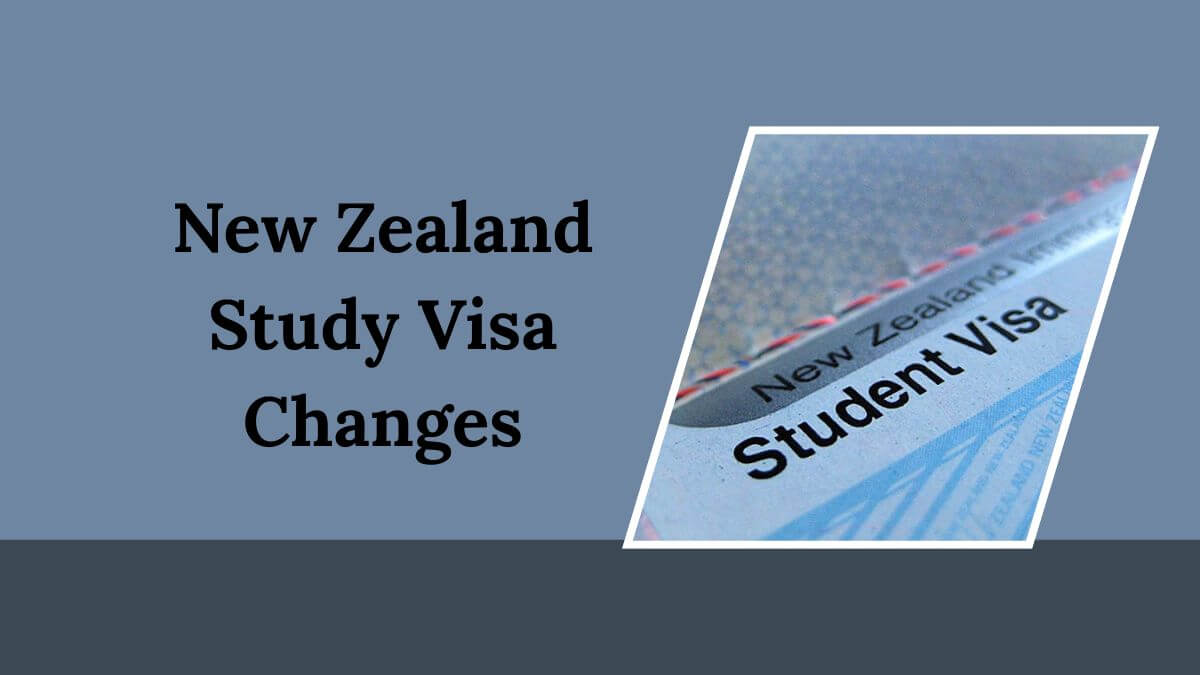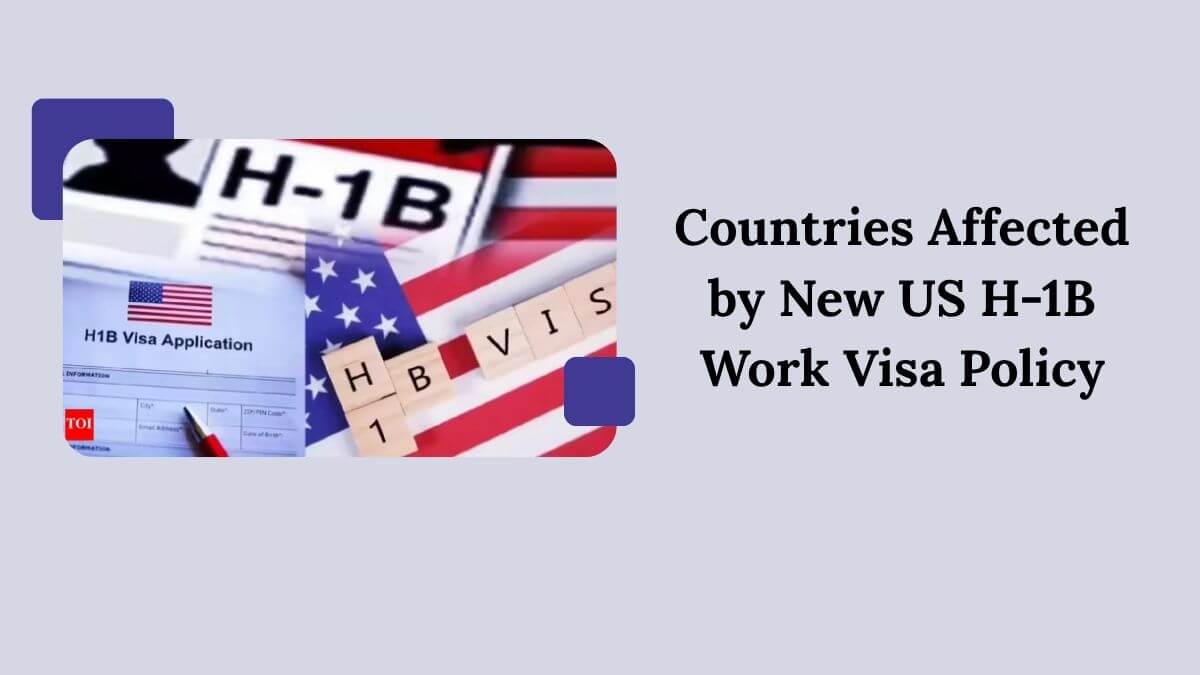New Zealand Study Visa Changes in 2025 – Check Here

There is significant news that could significantly enhance the flexibility of your academic and professional lives beginning in November 2025, whether you are currently on a student visa or are intending to study in New Zealand. The Government of New Zealand unveiled its International Education Going for Growth Plan on July 14, 2025. This plan introduces a number of student-friendly changes to the country’s immigration settings.
Here is the information that is essential:
New Work Hour Limit: Now 25 Hours/Week
From November 3, 2025, international students enrolled in eligible secondary and tertiary programs in New Zealand will be permitted to work for a maximum of 25 hours per week during their academic terms, an increase from the current 20-hour limit.
- This modification will be automatically implemented for all student visas issued on or after November 3, 2025, irrespective of the date of submission.
- Do you possess a student visa that includes a 20-hour work restriction? In order to capitalize on the additional five hours per week, you will be required to submit an application for a variation of conditions (or a new visa). Please be advised that standard immigration fees are applicable.
- Students in Years 12 and 13 will continue to require written authorization from both their school and a parent or guardian in order to work the additional 25 hours per week.
Check Also: New Zealand Visa Application Submissions Issued
Benefits of New Zealand Study Visa:
- World-Class Education System: Attend universities and institutes that are globally recognized for their academic excellence and innovation.
- Work While Studying: It is permissible to work up to 20 hours per week during semesters and full-time during scheduled vacations.
- Post-Study Work Visa: For a period of 1–3 years, eligible graduates may petition for a Post-Study Work Visa to acquire work experience in New Zealand.
- Pathway to Permanent Residency (PR): The likelihood of qualifying for New Zealand residency can be increased by studying in skill-shortage areas.
- Safe and Peaceful Environment: New Zealand is renowned for its safety and tranquility.
- Affordable Education and Living Costs: New Zealand provides a more cost-effective international education in comparison to the United States, the United Kingdom, and Australia.
- High Quality of Life: Experience a clean environment, a healthful lifestyle, and exceptional public services.
- A Multicultural Society: Students from all over the world will be able to experience a warm and inclusive atmosphere.
- Family Inclusion Options: Certain visa categories permit partners to apply for a work visa and children to enroll in school as domestic students.
- Employment Prospects Following Graduation: Access to a diverse array of employment opportunities in sectors such as agriculture, engineering, healthcare, and information technology.
New Work Rights Extended to Exchange & Study Abroad Students:
Additionally, in-study work privileges will be available to all international tertiary students, regardless of their enrollment in one-semester courses, who are participating in approved exchange or study abroad programs beginning in November 2025. This is a significant expansion that will further enhance the welcoming atmosphere of New Zealand for short-term international learners.
Changing Your Course or Institution? Read This
INZ is elaborating that students who alter their educational provider or reduce their level of study (e.g., from postgraduate to undergraduate) are required to submit an application for a new student visa. In such instances, a straightforward adjustment to the conditions will no longer suffice.
What’s Next? Even More Visa Changes Ahead
Immigration New Zealand is also investigating potential future modifications, such as:
- A new short-term employment visa that is specifically designed for vocational graduates.
- Streamlined visa processes to facilitate smoother transitions for international students and increase processing times.
These updates are currently awaiting Cabinet approval; however, if they are implemented, they could provide students with new career opportunities after graduation.
What Should You Do Now?
- The new 25-hour work rule will be automatically enforced for new students who register to study in New Zealand starting in November.
- Current visa holders who desire additional hours will need to prepare for either a change in conditions or the acquisition of a new visa.
- Verify that your course is eligible for the updated in-study labor rights if you are participating in a short-term exchange or Study Abroad program.
Frequently Asked Questions:
What major visa policy changes are coming from November 2025?
From November 3, 2025, eligible international students will be permitted to work up to 25 hours per week during their study terms, an increase from the current 20-hour limit. In addition, in-study work privileges will now be available to students who are participating in approved exchange or study abroad programs, even for a single semester.
Does this apply to existing student visa holders too?
Yes, but if your visa was previously issued with a 20-hour time limit, you will need to ask for a variation of conditions or a new visa to obtain the additional 5 hours. Standard immigration expenses are applicable.
Are there upcoming work visa options for short-term graduates?
A new short-term work visa (6 months) for sub-degree vocational graduates is being looked into by INZ. This visa has the potential to facilitate the transition to employment under the Accredited Employer Work Visa (AEWV) pathway.



